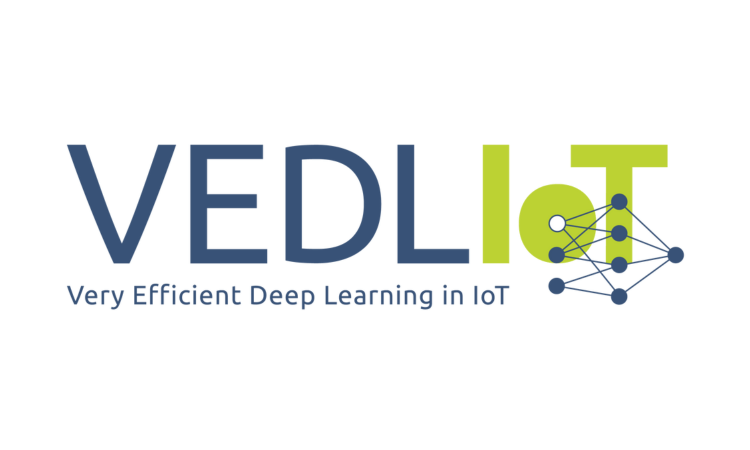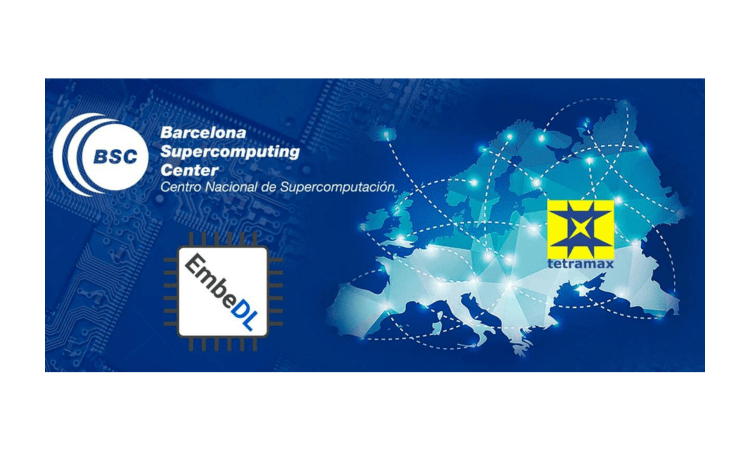Research
Research
Embedl is a spin-out from Chalmers University of Technology
Research is the foundation upon which our work at Embedl is built. It is the driving force behind our mission to revolutionize embedded systems with deep learning. As experts in the field, we are constantly exploring a wide range of areas that are crucial to our goal. These include cutting-edge topics such as deep learning compression, network architecture search, quantization strategies, and innovative hardware design. Through our relentless pursuit of knowledge and innovation, we are committed to pushing the boundaries of what is possible in the world of embedded systems.
Projects
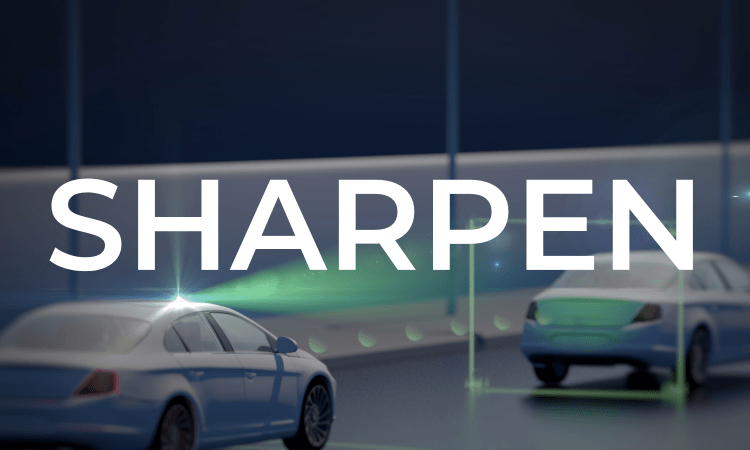
Sharpen
Machine learning methods have revolutionized the way we interact with technology, from voice assistants to self-driving cars. However, these methods still face challenges in certain environments, such as nighttime or inclement weather conditions. The goal of this project was to improve the robustness of today's machine learning methods, particularly those based on deep learning, in such challenging environments.
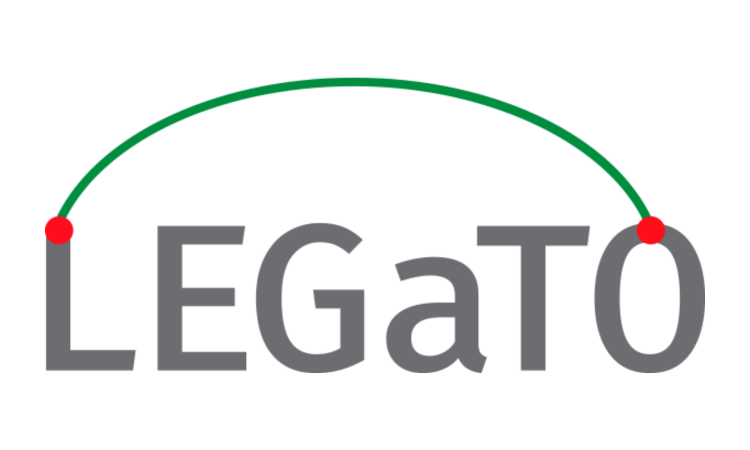
LEGaTO
Due to fundamental limitations of scaling at the atomic scale, coupled with heat density problems of packing an ever increasing number of transistors in a unit area, Moore’s Law has slowed down.
The primary ambition of the LEGaTO project is to address this challenge by starting with a Made-in-Europe mature software stack, and optimizing this stack to support energy-efficient computing on a commercial cutting-edge European-developed CPU–GPU–FPGA heterogeneous hardware substrate and FPGA-based Dataflow Engines (DFE), which will lead to an order of magnitude increase in energy efficiency.
A WORD FROM OUR CHIEF SCIENTIST
We live in very exciting times! AlphaGo, Autonomous Driving and GPT-3 have grabbed the headlines in dailies around the world and captured the public’s imagination about the wonders of AI. But we are just at the beginning! When the Internet-of-Things (IoT) revolution gets fully under way, the power of AI will be unleashed in smart devices that will surround us in everyday life.
For us in the academic research world, there is a huge paradigm shift underway. Previously machine learning, programming languages and computer architecture were all separate sub-disciplines of Computer Science and Engineering which hardly interacted with one another. But these new AI systems call for a tight interconnection between these previously disparate subfields. AI algorithms are being optimized for different hardware using techniques from compiling programming languages and new hardware is being developed to accelerate AI. All these sub-fields are co-evolving with each other at breakneck speed!
At EmbeDL we will keep abreast of the latest developments in these technologies via a tight coupling to world leading research groups in these subfields at Chalmers and other leading European Research Institutes and we will bring those cutting-edge research ideas to life in practical innovations that will impact the world.
![]()
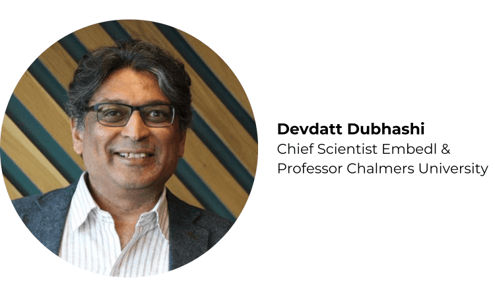
ARE YOU CURRENTLY PREPARING A RESEARCH APPLICATION?
We are always interested to join exciting research consortiums. Don´t hesitate to contact us!

